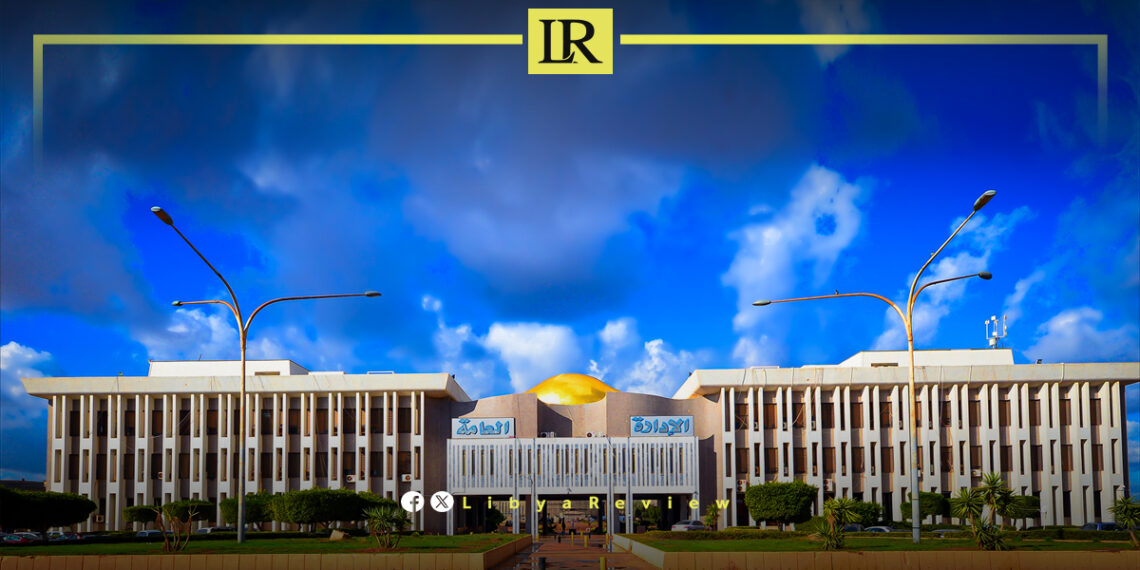For the first time in Libya, the “University Programming Competition for Libyan Universities” is being launched at Benghazi University. This groundbreaking scientific and technological event is supported and sponsored by the Libyan Development and Reconstruction Fund, reflecting a significant milestone in fostering innovation and talent in the field of computer science across the country.
The competition, which begins today, brings together students and teams from universities across Libya, creating a platform for knowledge exchange and skill-building in programming and software development. This initiative aims to inspire a new generation of Libyan tech talent, showcasing the importance of collaboration and problem-solving within the academic community.
With participation from all Libyan universities, the event symbolizes the growing emphasis on technology and education as cornerstones for national development. Organizers hope this competition will become an annual tradition, encouraging further advancements in the Libyan education sector.
Libya has been in chaos since a NATO-backed uprising toppled longtime leader Muammar Gaddafi in 2011. The county has for years been split between rival administrations.
Libya’s economy, heavily reliant on oil, has suffered due to the ongoing conflict. The instability has led to fluctuations in oil production and prices, impacting the global oil market and Libya’s economy.
The conflict has led to a significant humanitarian crisis in Libya, with thousands of people killed, and many more displaced. Migrants and refugees using Libya as a transit point to Europe have also faced dire conditions.
The planned elections for December 2021 were delayed due to disagreements over election laws and the eligibility of certain candidates. This delay has raised concerns about the feasibility of a peaceful political transition.
Despite the ceasefire, security remains a significant concern with sporadic fighting and the presence of mercenaries and foreign fighters. The unification of the military and the removal of foreign forces are crucial challenges.


